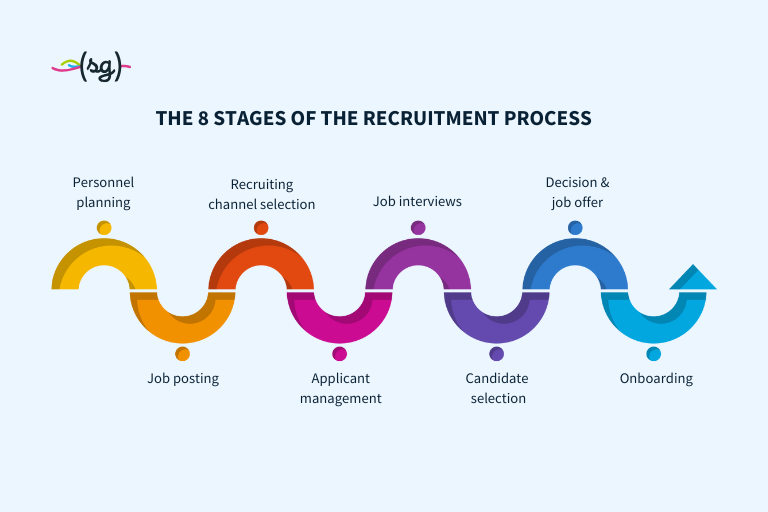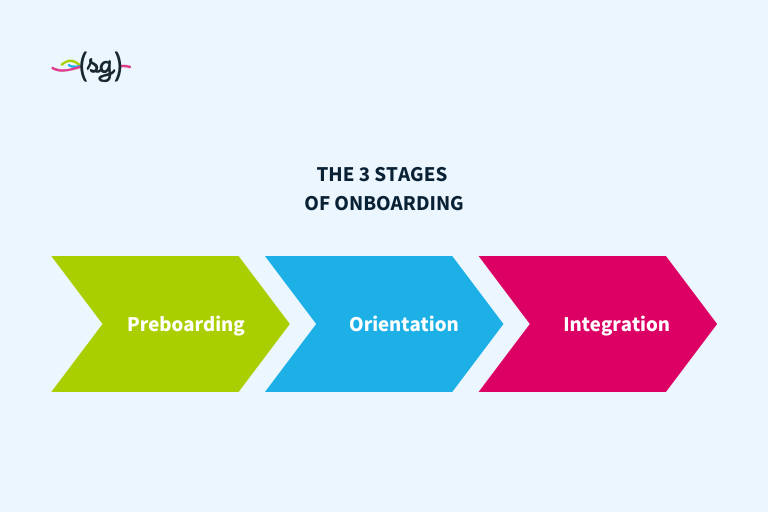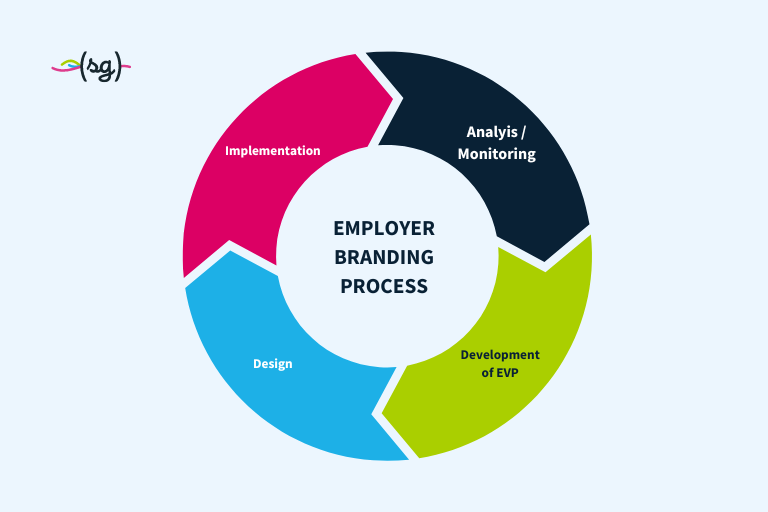Its a pivotal moment for all employers when they have finally waded their way through the process of advertising, pre-selecting and interviewing and find themselves with the perfect candidate for the role. Their prospective employee is great fit in every way; educated, skilled, professional, likeable, the list goes on, or, at least this is how they’ve come across. All that’s left to do is a reference check, but everyone knows that candidates only list contacts who will give them a good rep. Employer reference checks only serve to reinforce what hiring managers already apparently know, or do they?
Employer Reference Checks – Worth The Effort
Unfortunately, not everyone is as honest as they may come across. Despite the effort it entails, a reference check is vital before extending that offer. Research shows that over 50% of today’s job seekers are embellishing their resume’s, and they’re not just lying about their age. It’s commonly known for crafty job seekers to conjure up entire degrees, job titles, employment dates, technical skills and even volunteer work if it puts them ahead of the game. The task of the employer is to do a thorough reference check that will sort fact from fiction.
Conducting a Thorough Reference Check
A decent reference check is worth it for the long term success of a company. If all goes well it ensures that an employer is hiring the right person, in the worst case scenario it will save a company from making a poor choice of hire. More often than not all it takes are some strategically placed questions – it’s unlikely for a referee to say anything bad about an employee, but they can be useful in confirming the facts. The following questions need to be considered:
- What was the job title of the candidate
- What was the candidate earning per annum
- Was there an extended period of absence and/or attendance issues
- Did the candidate receive any disciplinaries
- When did the candidate begin, and end their time at the company
- Would the previous employer recommend this candidate for hire
Speaking to an ex employer can be very telling about your prospective employee. If a referee is reluctant to offer anything more than the basic facts, it could imply that they have a negative opinion of the candidate. On the other hand, biased referees can give an overly positive impression of the candidate’s personality, but at least the reference check will confirm if someone has lied about their work experience.
The Legalities of Reference Checks
Legally, a previous employer isn’t obliged to provide a reference check but if they do so, the information they give has to be 100% accurate. By giving false information they can end up liable if it leads to a company hiring an employee on unreliable information. Although it is not illegal for a candidate to lie on their CV, companies are within their rights to immediately dismiss an employee if they discover that the information they provided was false. This can be years after an candidate has been hired, which begs the question why do people do it in the first place?
Why Do Candidates Embellish their CV’s?
More often than not a reference check will uncover a sort of gray area between fact and fiction. Candidates know that the best jobs have the highest competition, and their CV is the first way to get a foot in the door – an embellishment here and there can make a good resume, into an outstanding one. Employer reference checks can highlight the difference between a HR manager, and a HR assistant with managerial responsibilities – falsely inflated positions are one of the most common lies to be found on a CV.
Background Checks
Background research goes hand in hand with employer reference checks and generally requires a more thorough approach to the fact checking process, some of which are as follows:
- Manually checking the education, dates and qualifications given on the CV. This may require some time to contact the relevant universities and employers, but worth it in the long run to spot any major discrepancies.
- Google searching candidates to make sure they’re information adds up. There is a line between taking internet probing too far, but a quick internet search can be handy in flagging up anything that may have been strategically left out of a CV.
- Hiring professionals to conduct in depth background and reference checks. This is common practice amongst high-powered positions, but generally considered unnecessary amongst lower-ranking roles.
- Background checks can also include criminal record checks, credit history and drug screening. For companies that deal with children or the elderly it’s not uncommon to consult the National Sex Offender Registry before hiring a prospective candidate.
The Importance of Employer Reference Checks
Even if an employer merely calls one referee it can make a difference to the way they judge their prospective candidate. In the short term, a reference check can make or break a decision between the final interviewees, in the long run it can dramatically affect the future of a business. If a candidate has lied on their CV then the chances are they’re not 100% right for the job, and won’t be able to fulfill their duties. As one of the last steps in the hiring process, employer reference checks shouldn’t be avoided – it may well determine the choice of the right, or wrong hire. What do you think? Feel free to leave your comments below to further the discussion.









